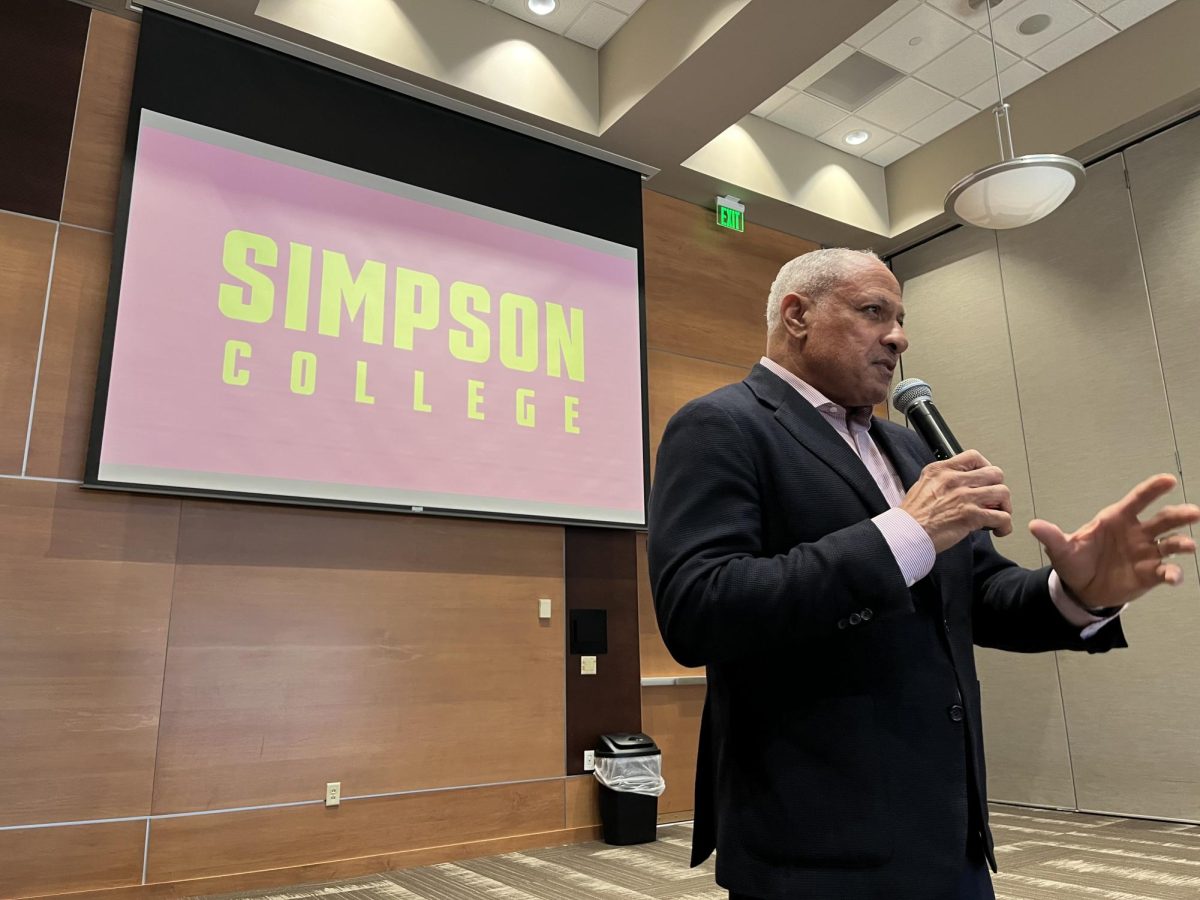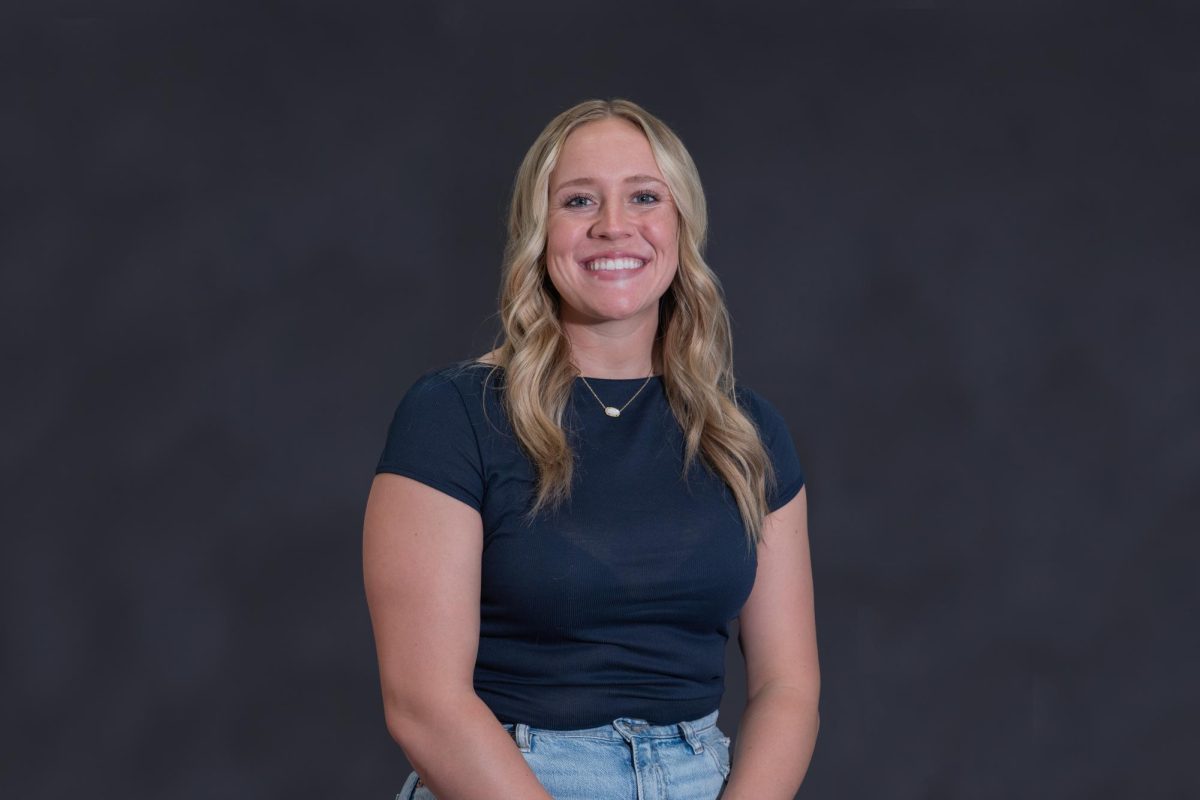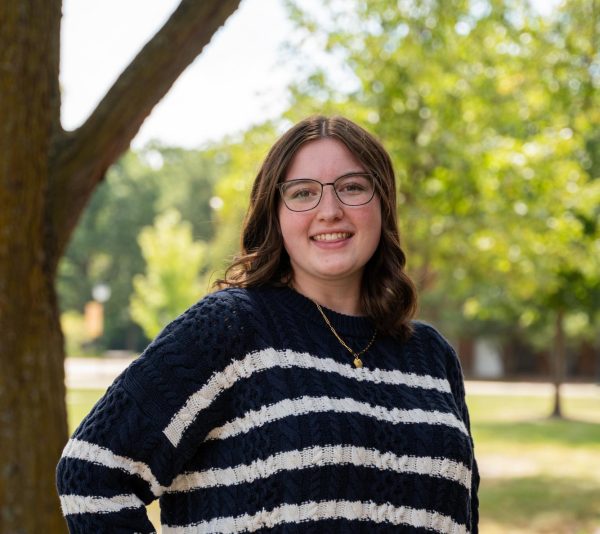The Carver Medal has not been awarded since 2019 after COVID-19 limited in-person events. Now, for the first time in five years, the Carver Medal will again be awarded.
The Carver Medal aims to “Recognize an outstanding individual whose life exemplifies the commitment and vision of service of George Washington Carver.” This year’s recipient, Mike Espy, has a deep history in agriculture and government and a personal connection to Carver.
“I never met George Washington Carver, but I certainly met someone who knew him well,” Espy said.
Mike Espy grew up in Mississippi during segregation, forcing him to go to an all-black Catholic school. When the school lost funding, Espy was one of 17 Black students who attended the all-white school. Here, Espy faced extreme discrimination from both students and teachers.
When talking to Assistant Professor of Political Science Adrienne Gathman’s U.S. Congress class Friday morning, Espy recalled a teacher who sprayed him with a fire extinguisher for falling asleep in class.
Despite facing extreme racism, he graduated from high school and was accepted to Howard University, where he studied political science and economics. After graduating, he served as an attorney in Mississippi, later becoming the assistant state attorney general.
Later, he was elected to serve in Congress as a senator for Mississippi. While serving, he campaigned for Bill Clinton during his run for presidency. He had no plans on rising higher, but after what he calls “divine influence,” he knew he had to run for the secretary of agriculture.
“I was a congressman and I wanted to be a senator,” Espy said. “I never sought it [secretary position]. Never wanted it.”
After Clinton won the election, Espy handed him a note stating the 10 reasons he should be chosen for secretary of agriculture, and he was selected for the position.
“He was reading my words,” Espy said. “I watched his eyes scan from point one, and when he got to point 10, he looked up, smiled at me, and gave me a thumbs up.”
Espy served as the secretary of agriculture under the Clinton administration from 1993-1994, becoming the first and only African American to do so to this day.
While his ceremony was his first time in Indianola, Espy is no stranger to Iowa. During his time as secretary of agriculture, he helped communities devastated by record-breaking floods in 1993.
“This might be my favorite time [visiting Iowa]; there’s not a disaster or calamity,” Espy said.
Despite his incredible history in civil service, which earned him this award, Espy focused his speech on his father, whom he believed deserved to be secretary of agriculture. Inspired by his father, he loosely entitled the speech “Ode to My Father.”
“I’ve never had the opportunity to talk about my father,” Espy said. “I never met George Washington Carver,

but my father was his laboratory assistant.”
Espy’s father attended Tuskegee University, where Carver was a professor. His father, who majored in botany, attended Carver’s classes. While trying to impress Carver, Espy’s father pulled up a weed to match the flower that Carver always wore on his lapel.
According to Espy, Carver responded, “I want a thesis on the weed you just pulled up.” “And by Friday that thesis was there,” Espy said.
Espy’s father was later chosen to serve as Carver’s primary lab assistant at Tuskegee. During this time, he helped Carver develop his 107 uses for peanuts and sweet potatoes.
“I never planted anything. My father was the one that toiled the fields,” Espy said. “That’s why I’m so humbled to receive this award.”
Espy believes that if his father had been born in a different era, he would have been the secretary of agriculture. Since it wasn’t possible, Espy saw he could do the good his father always wanted to do.
“His [Espy’s father] blood is in me, and George Washington Carver’s thoughts are in him,” Espy said. “I’m in a position to do good.”
Espy’s father passed much too early to see his son’s accomplishments, but Espy dedicated this award to his memory and to the inspiration he gave.
“I just have a feeling, today, as I am awarded this medal, his hero, his mentor, his instructor, the one that made him do the work with the weed … even though he’s [his father] not here he [Carver] just might be,” Espy said.
Espy received the Carver Medal from President Jay Byers and Makalya Johnson, vice president of the Black Student Union.
“Your story is a testament to George Washington Carver’s unwavering spirit inspiring us all to pursue justice, equity and innovation,” Johnson said.
The following day, Espy attended Simpson College classes and held a student forum where he answered questions about his career and the future of politics.
When asked about his time as Vice Chairman of the Democratic Leadership Council (DLC), Espy explained that the current polarization of politics would make such a committee impossible today.
“Both parties are to blame,” Espy said. “The relationship between Republicans and Democrats was unlike it today. I had to reach across the aisle to get stuff done. These days, no one crosses; back in the day, everyone crossed.”
Following a similar question, Espy spoke more about the polarization and politicization of current affairs.
“Politics was not political,” Espy said. “ I would not ever run for that [Congress] again.”
As Espy concluded his first visit to Indianola, he talked to students about the importance of continuing to learn, even after graduation.
“What you don’t know will make a new world,” Espy said. “So I believe in lifelong learning. No matter what age you are, you can never stop learning.”










